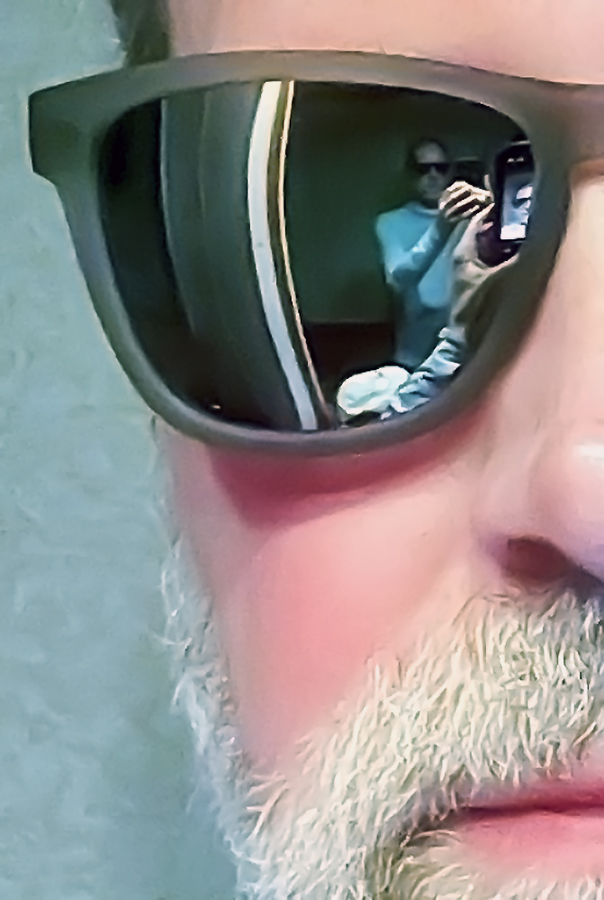C-SPAN will broadcast a talk about GPS that I presented with my coauthor, Richard D. Easton, May 5 at the New York Military Affairs Symposium (NYMAS) in New York City.
The first airing will be at 2 p.m., Saturday, June 3, on American History TV. C-SPAN3 offers the AH series on weekends to 49 million U.S. cable households. Check your local cable listings. Afterward, the talk can be streamed online at C-SPAN.org.
Our NYMAS presentation, “GPS: American Invention, Global Impact,” focused on how a technology invented in U.S. military laboratories has spawned a global industry and become a public utility that is now vital to civilian, commercial, scientific and financial users. Based largely on our book, GPS Declassified: From Smart Bombs to Smartphones, the talk includes updated statistics and developments since its publication.


C-SPAN viewers will learn how:
- The idea for GPS emerged from early spy satellite tracking during the Cold War era. However, contrary to common misconceptions, GPS developers planned dual military and civilian use from the start.
- America’s deployment of GPS has sparked copycats—Russia’s GLONASS, the European Union’s Galileo, and China’s Beidou. This has created a Global Navigation Satellite System (GNSS) with four cooperating but competitive players. Increasingly, manufacturers design smartphones and other devices to receive signals from all four systems, improving accuracy and reliability.
- Miniaturization, computer chip integration and the need to be able to locate emergency 911 calls from mobile phone users led to the availability of GPS in everyone’s pockets. This has brought beneficial, as well as unforeseen, side effects.
- Global revenues from receiving devices (80 percent are smartphones) and added-value services enabled by GNSS will reach €270 billion to €300 billion by 2025 (currently €1 = $1.12), according to estimates by the European Global Navigation Satellite Systems Agency (GSA).
- Over-dependency on GPS by military and nonmilitary users alike has security officials worried.
If you’ve ever wondered how we became individually and collectively reliant on a public utility controlled by the military, this talk (and our book) will answer those questions. Hope you enjoy one or both.
![]()


